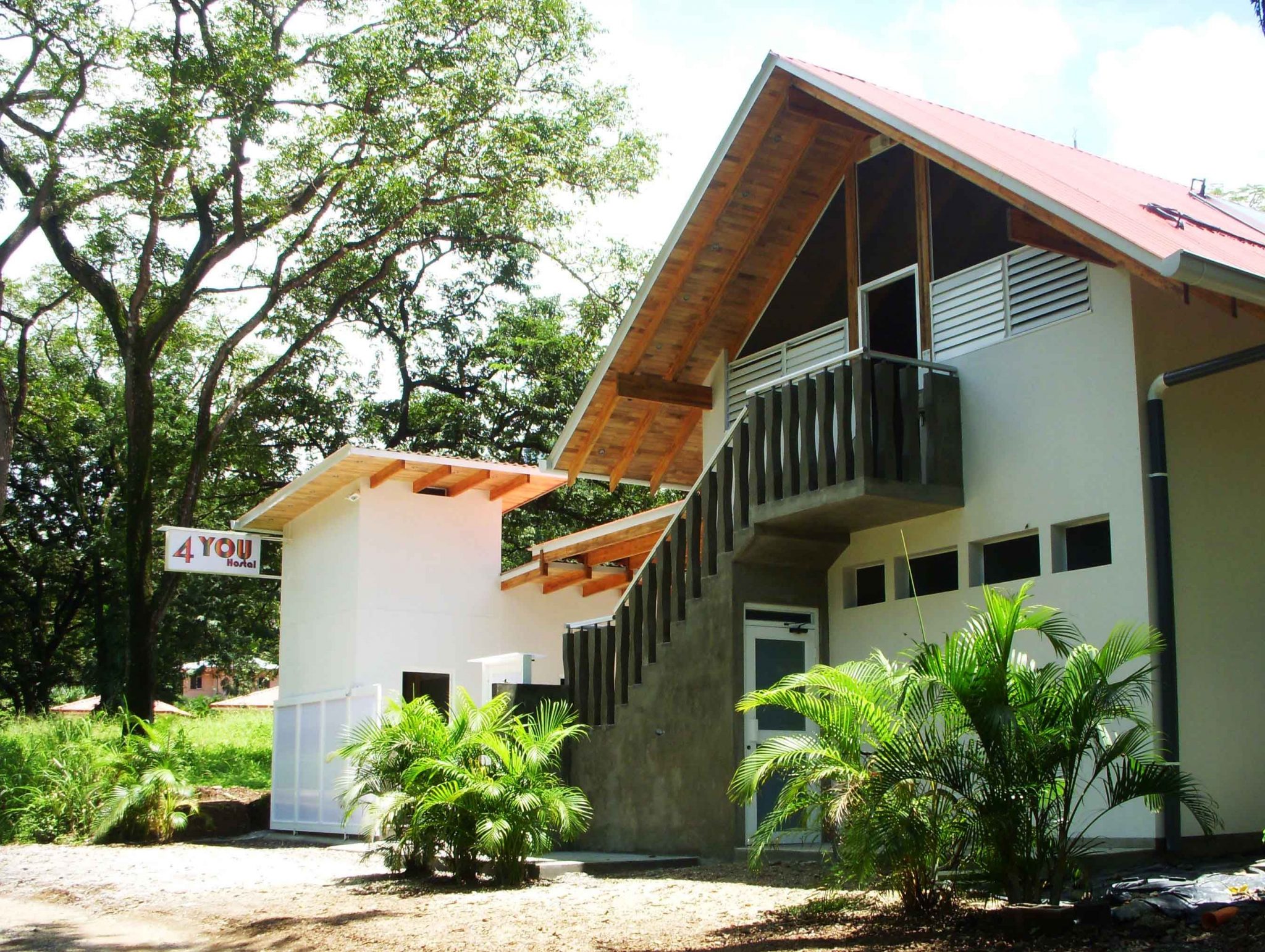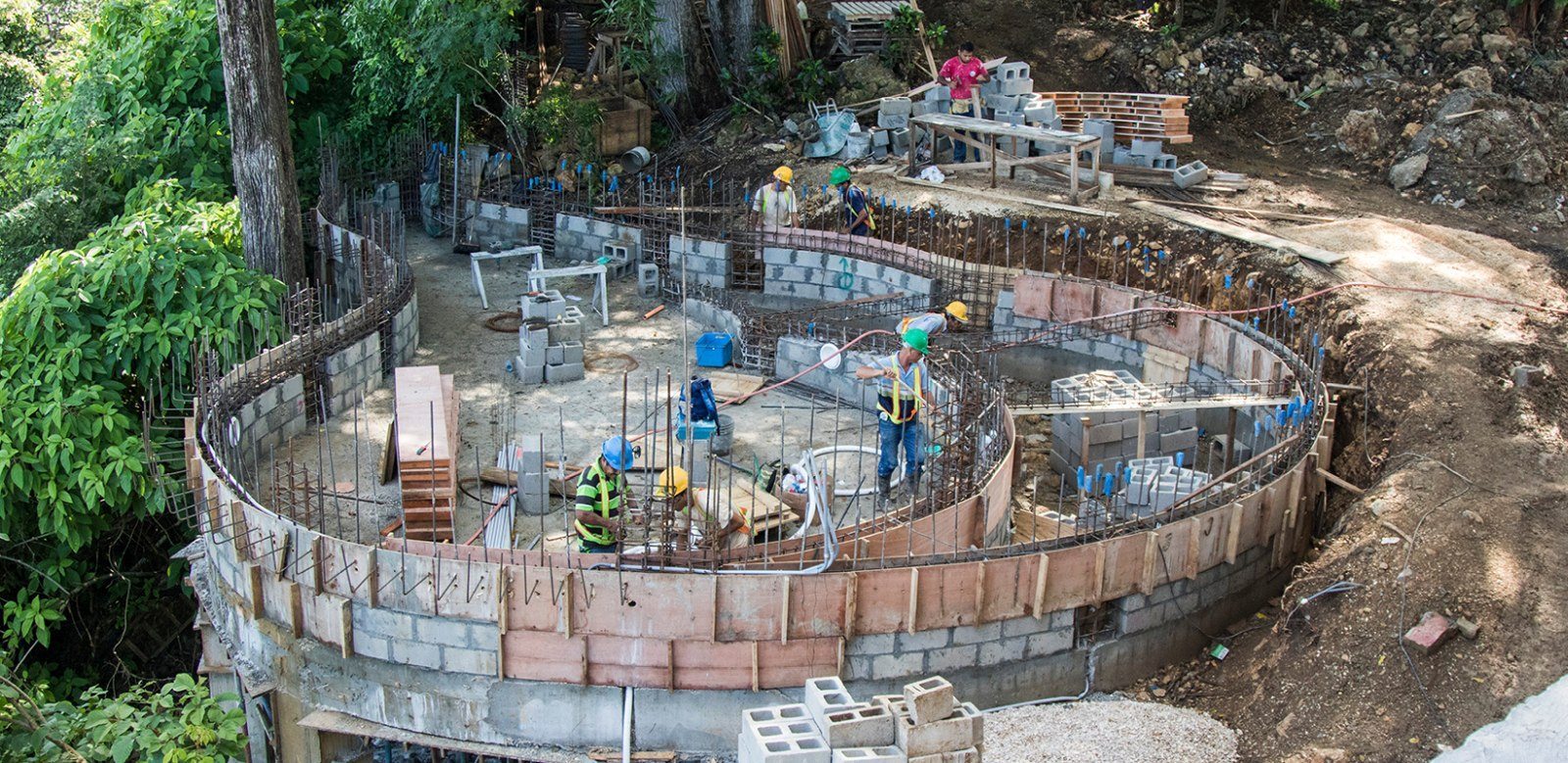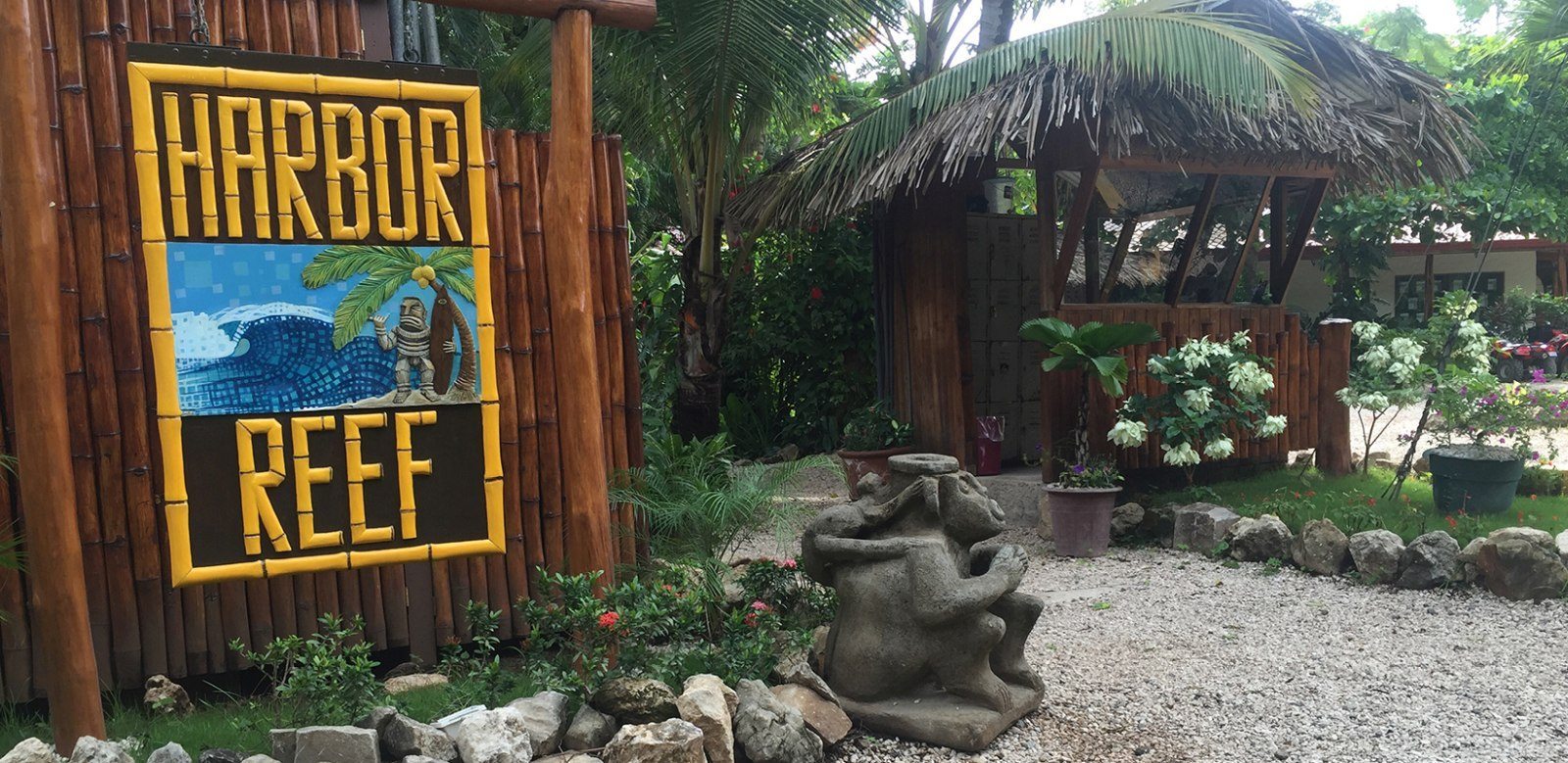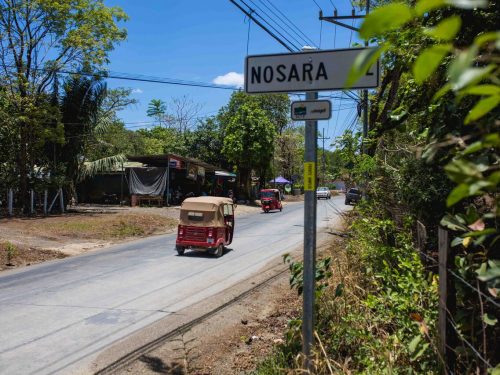
Since May 16, the Ministry of Health authorized the reopening of lodgings, including Saturdays and Sundays, of less than 20 rooms at half their capacity in an attempt to gradually reactivate the tourism industry, one of the most affected by the crisis of COVID-19.
Companies must comply with the protocol formulated by the Costa Rican Tourism Institute (ICT), which covers everything from hygienic measures to circulation documents that consumers must carry on weekends if they are going to visit one of the open touristic sites.
According to the Ministry, the first to open will be the hotels with the fewest number of rooms, since 84% of lodging companies in the country have less than 40 rooms. Guanacaste has similar figures, according to ICT protocol coordinator Rafael Soto.
The official explains that the Ministry of Health, the private chambers of tourist companies and the ICT agreed to reopen the hotels because they represent the economic strength of many provinces. “Tourism has been a very punished sector,” says Soto.
For the third quarter of 2019, the second largest source of work in the province was hotels and restaurants, with 23,179 people employed. This is corroborated by the Continuous Employment Survey of the National Institute of Statistics and Censuses (INEC).
The government’s plan, if the health crisis remains controlled as it has been so far, is for the rest of the hotels to resume operations from June 1.
If companies fail to comply with the guidelines, they would be punished with the indefinite closure of the premises or the withdrawal of patents and permits.
La Voz de Guanacaste summarized these guidelines:
How are the new hygiene measures of the premises?
The guideline indicates that it is the hotel’s obligation to have drinking water and a large supply of antibacterial soap, hand sanitizer and disposable towels that must be in all common areas. Customers can also request them.
Hoteliers should intensify cleaning periods within common areas, inform their visitors, and keep cleaning and identification shifts in a place visible to all.
They should also clean the desk at reception each time a customer arrives and when providing keys or security cards, customers can request that they be disinfected in front of them.
During the stay, the client has the right to know what are the internal hygiene measures and can make the decision to receive or not the daily cleaning service in their room.
The company must provide cleaning staff with all security supplements to enter each room: gloves, masks, hand sanitizer, etc.
Hotels must think about their external visitors, but also about the complete security of their staff,” says Soto.
Employees can report their employers for not following the hygiene protocol.
What does “50% capacity” mean?
Although all hotels must offer only half of their rooms, the capacity can be modified depending on the number of beds in each room.
For example, in the communal rooms of hostels (where there are 6 or 12 beds) they can only offer half the beds, which must be separated by a distance of at least two meters.
Although they will have a sanitary permit to operate, Soto emphasizes that it is not recommended to rent such rooms.
The user has to think about their own well-being before making a reservation,” he says.
What can your customers say if a traffic police stops them?
According to Soto, the hotel must send the customer a copy of their reservation, where they can see the identification of the guests, the location of the hotel, the date of arrival and departure and the license plate of the car that will be used to go to the place.
The client has the responsibility to print the document or carry it by hand on his cell phone, in order to show it to an officer if necessary.
What do I do if I have a guest with COVID-19 symptoms?
Within the golden rules explained by the Minister of Health, Daniel Salas, those with symptoms of respiratory diseases cannot leave their homes, even with the new measures.
The guideline indicates that if there is a suspicious case at the hotel, the person should immediately report their condition to the local authorities. They should call the Ministry of Health about the situation and wait for their response to proceed correctly.
If necessary, the hotel must provide safe transportation for the suspected case. The company is also required to indicate how many people the patient had contact with before being treated.
The protocol indicates that it is the responsibility of the hotel and its collaborators to ensure the confidentiality of clients suspected of having the disease. “The establishment must ensure the confidentiality of the information and protect the identity of people,” he says.
Each company may modify its guidelines depending on its situation, based on the general guideline. You can find the complete protocol at this link.







Comments